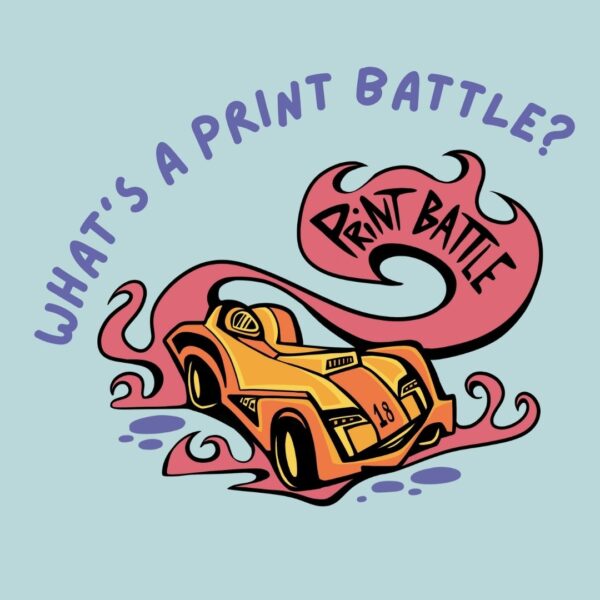Christian Marclay’s The Clock debuted in London nearly four years ago. I voraciously read about the monumental work at the time, marveling at the dedication needed to edit together the thousands of clips of clocks and watches, and I longed to see it for its overwhelming and endless minutiae. It is everything I could want in a film, impossibly long, impossibly conceptual. At long last, it is at the Walker Art Center, and, having watched it at different times of the day and night (although never 24 hours straight), I find it difficult to discuss The Clock without resorting to hyperbole. It is bigger and longer than I know how to handle comfortably. It resists us as humans, existing on its own schedule, inside its own logic that does not need us. It is simultaneously truly watchable, enjoyable, entertaining. Marclay knows why we watch movies, and he masterfully blends that suspense, humor, boredom, drama, anxiety.
The Clock is, of course, a movie about time, but the more time I spend with it, the more I know it as a movie about the present, a monument to the ever-passing present that eludes our fingers the very moment we think we can grasp it. As viewers, we recognize that time is passing, that minutes are added to the clock one by one. We are, however, constantly aware that we are within that passing moment, that we are in an endless succession of moments.
It is, of course, also about death. Death looms large in the film, appearing directly and indirectly throughout the day. Death also whispers by with each instance of a clock, each glance at a watch, each emphasis on the now.
The Clock promises uncompromising fidelity, an endless repetition of its day, every day, for all time. Inspector Clouseau will struggle to synchronize his watch every evening; the Titanic will sink every night, and Cher will make Nicolas Cage a steak every afternoon. The abstract idea of time that exists in each of its thousands of clips is actualized in its synchronization. They are ripped from filmic time into the time we know and cannot escape. The synchronized time of The Clock, of our watches and cellphones, may be a human construct, but time passes inexorably.
The Clock tantalizes us with the illusion that time can be ours, that time will stand still, can be revisited day after day. That cyclical time breaks the “harsh” reality of The Clock and of time itself. As I sit in the dark, experiencing time pass with everyone in the gallery, I am comforted by the slow realization unfolding minute by minute that time does not wait for us; it existed before us and will continue without us in endless loops. The pressure we feel from time is the weight of our fear of death, but time is weightless.
Marclay has gifted us with an artwork that fully embraces and exists within time. He invites us to live with our deaths, the temporality of our dusty bones as we pass through every minute of his day, and, thankfully, he reassures us that time will not notice when we have fallen behind.
- From the Road: Present Absence - June 21, 2016
- The Realism of Our Time - April 19, 2016
- All Hands - February 16, 2016





